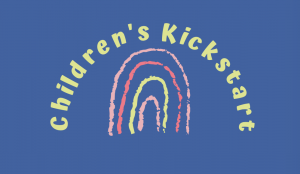Written by JULIA GORHAM

The art of communications is based upon mutual respect and this means that both parent and child allow one another to express their beliefs and feelings honestly, without fear of rejection, even though you may not agree with your child. Effective listening involves assisting children to get in touch with his feeling and entails focusing your attention on your child, attempting to understand what your child is feeling and giving your child feedback to make him understand that you accept his feelings.
Communication with your child can be described as either a closed or open response. A closed response is one which indicates that the listener had neither heard nor understood what has been said and there is cut off communication. An open response is one which indicates that the listener has both understood and relays the child’s feelings and thoughts.
The Special Language Of Effective Listening Is:
- You can listen quietly and attentively.
- You can acknowledge your child’s feeling with a word eg “ I see… “
- You can give the feeling a name e.g. “ …… that sounds frustrating
- You can give your child his wishes e.g. “ I am sure that you wish that you didn’t have to ….”
- All feelings can be accepted, but certain actions must be limited e.g. “ I can see you are angry with your sister, but why don’t you tell her how you feel with words not hands?”
Rules For Good Listening
- Stop talking. You cannot listen if you are talking.
- Put your child at ease. Help your child feel that he is free to talk.
- Show you child that you want to listen.
- Remove distractions.
- Empathise with your child.
- Be patient.
- Keep your temper.
- Don’t criticise your child.
- Ask questions.



